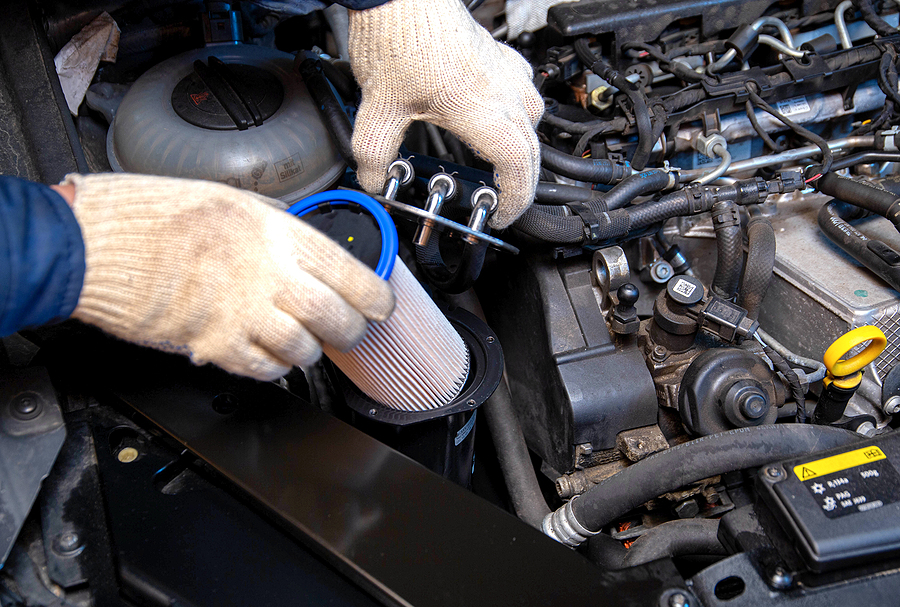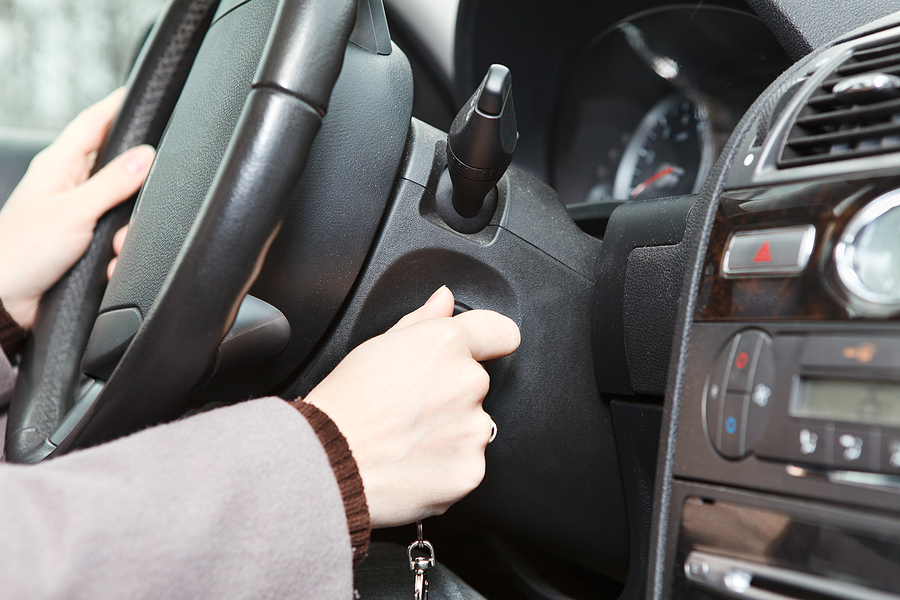That unsettling vibration through your steering wheel at a red light or the irregular engine rhythm when you start your car isn’t just annoying—it’s your vehicle telling you something needs attention. Rough idling and car shaking are common issues that affect many drivers, but understanding their causes and solutions can save you from costly repairs down the road.
Whether you’re driving a reliable Honda Civic, a sturdy Jeep Wrangler, a family-friendly Ford Explorer, or a dependable Toyota Camry, rough idling can strike any vehicle. The good news is that most causes are relatively straightforward to diagnose and fix when caught early. Ignoring these symptoms, however, can lead to more serious engine problems and expensive repairs.
This comprehensive guide will walk you through the most common causes of rough idling and car shaking, provide step-by-step diagnostic approaches, and offer practical solutions to get your vehicle running smoothly again.

Common Causes of Rough Idling and Shaking
Faulty Spark Plugs
Spark plugs are essential components that ignite the air-fuel mixture in your engine’s cylinders. When they wear out or become fouled, combustion becomes irregular, leading to engine misfires and rough idling.
Different vehicles require specific spark plug types. For example, newer Honda Civics typically use iridium spark plugs that last longer than traditional copper plugs, while older models may use standard copper plugs. Jeep Wranglers often require platinum or iridium plugs due to their robust engine designs. When installing new spark plugs, proper torque specifications are crucial—typically 15-20 ft-lbs for most passenger vehicles, but always consult your owner’s manual.
Honda Civic owners commonly notice rough idling during cold starts when spark plugs are failing, as the engine struggles to maintain consistent combustion at lower temperatures.
Vacuum Leaks
Your engine relies on a precise air-fuel mixture for optimal performance. Vacuum leaks disrupt this balance by allowing unmeasured air into the system, causing the engine to run lean and idle roughly.
Common vacuum leak locations vary by vehicle model. In Toyota Camrys, check the intake manifold gaskets and vacuum hoses near the throttle body. Ford Explorer owners should pay attention to vacuum lines around the brake booster and PCV system. Jeep Wranglers, especially those used for off-roading, often develop vacuum leaks in hoses that have been stressed by debris or extreme conditions.
A Toyota Camry experiencing vacuum leaks might exhibit a shaky steering wheel when idling at stoplights, accompanied by a slight hissing sound from the engine bay.
Dirty or Failing Mass Airflow Sensor
The Mass Airflow (MAF) sensor measures the amount of air entering your engine, providing crucial data to the engine control unit. When dirty or failing, it sends incorrect information, leading to improper fuel delivery and rough idling.
Specific part numbers for MAF sensors include: Honda Civic (37980-RBB-003), Toyota Camry (22204-0H010), Ford Explorer (3L3A-12B579-BA), and Jeep Wrangler (05033201AA). Cleaning requires MAF sensor cleaner—never use carburetor cleaner or other solvents, as they can damage the delicate sensing elements.
Jeep Wrangler owners often experience MAF sensor issues after off-road adventures, as mud and debris can coat the sensor, affecting its accuracy.
Clogged Fuel Filter
A restricted fuel filter prevents adequate fuel flow to your engine, causing lean conditions and rough idling, particularly under load or acceleration.
Fuel filter locations vary significantly between models. Honda Civic filters are typically located along the fuel line near the fuel tank, while Toyota Camry filters may be integrated into the fuel pump assembly inside the tank. Ford Explorers often have easily accessible filters along the frame rail, and Jeep Wranglers typically mount theirs near the fuel tank.
Replacement intervals generally range from 20,000 to 30,000 miles, though severe driving conditions may require more frequent changes.
Engine Mount Issues
Engine mounts absorb vibrations and secure your engine to the vehicle frame. When they wear out or fail, you’ll feel excessive vibration throughout the vehicle, especially during idling.
Ford Explorers commonly experience engine mount wear due to their larger engines and frequent towing use. These vehicles may show more pronounced shaking at higher speeds or under load when mounts begin failing. Different mount types include hydraulic mounts (which use fluid to dampen vibrations) and traditional rubber mounts. Signs of failure include visible cracking, fluid leaks from hydraulic mounts, or excessive engine movement when revving.
Get Free Car Removal for a Broken-Down Ride! ✅
What You Should Do: Professional Diagnostics and Repairs
When your vehicle exhibits symptoms such as rough idling or shaking, it is crucial to seek a comprehensive inspection and diagnostics from a professional mechanic as soon as possible. These issues can stem from various underlying problems, including engine mount failure, misfiring cylinders, or compromised components in the fuel or ignition systems. A certified mechanic has the tools and expertise to accurately identify the root cause, ensuring that the correct repairs are performed to restore your vehicle’s performance and safety.
During the inspection, the mechanic may recommend specific solutions depending on the diagnosis. For instance, if worn or damaged engine mounts are the culprit, they may advise replacing the mounts to eliminate excessive vibrations. If the issue lies within the ignition system, such as malfunctioning spark plugs or coil packs, these components can be replaced to smooth out engine performance.
Similarly, dirty fuel injectors or a clogged air filter could be addressed through cleaning or replacement. Addressing these problems promptly not only enhances the driving experience but also prevents further damage to your vehicle, potentially saving you from more costly car repairs in the future.
Prevention Through Proper Car Maintenance
Maintaining your vehicle according to a regular schedule prevents many rough idling issues.
- Replace spark plugs every 30,000 to 50,000 miles depending on type—iridium plugs last longer than copper varieties.
- Change your engine air filter every 12,000 to 15,000 miles to ensure proper airflow.
- Replace fuel filters every 20,000 to 30,000 miles, and inspect vacuum lines every six months for damage.
- Clean the MAF sensor every 15,000 to 20,000 miles using appropriate cleaner, and clean the throttle body every 30,000 miles to remove carbon deposits.
- Use quality fuel consistently and consider fuel system cleaners every 3,000 miles to prevent injector deposits.
- Address minor issues promptly before they develop into major problems—early intervention saves money and prevents safety concerns.
Disclaimer: This blog post is for informational purposes only and does not serve as professional advice. Refer to a licensed mechanic for personalized auto repair and maintenance recommendations.
Conclusion
Rough idling and car shaking are clear indicators that your vehicle needs attention. Understanding these symptoms and their causes empowers you to make informed decisions about repairs and maintenance. Whether you choose to perform basic diagnostics yourself or seek professional help, addressing these issues promptly protects your investment and ensures your safety.
Regular maintenance following manufacturer recommendations prevents most rough idling problems. When issues do arise, early diagnosis and repair save money while maintaining your vehicle’s reliability and performance.
Don’t ignore the warning signs your car is giving you. Schedule a diagnostic appointment with a certified mechanic to identify and address any underlying issues before they become major problems.
If your vehicle becoming a persistent pain in your wallet? Maybe it is time to scrap it for instant cash! Get started today with a free, no-obligation payment offer and enjoy the benefits of our seamless car selling process, free junk car removal, and transparent pricing.
Related Post: Top 10 Car Problems That’ll Break the Bank

